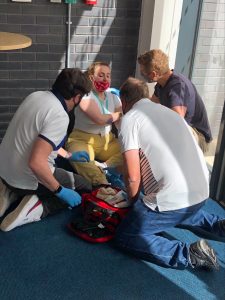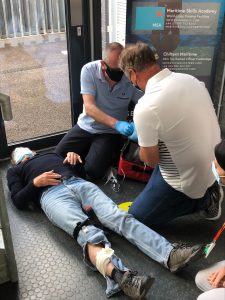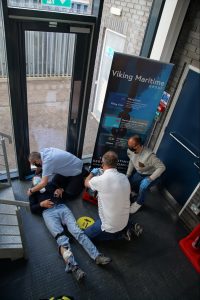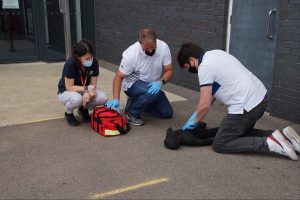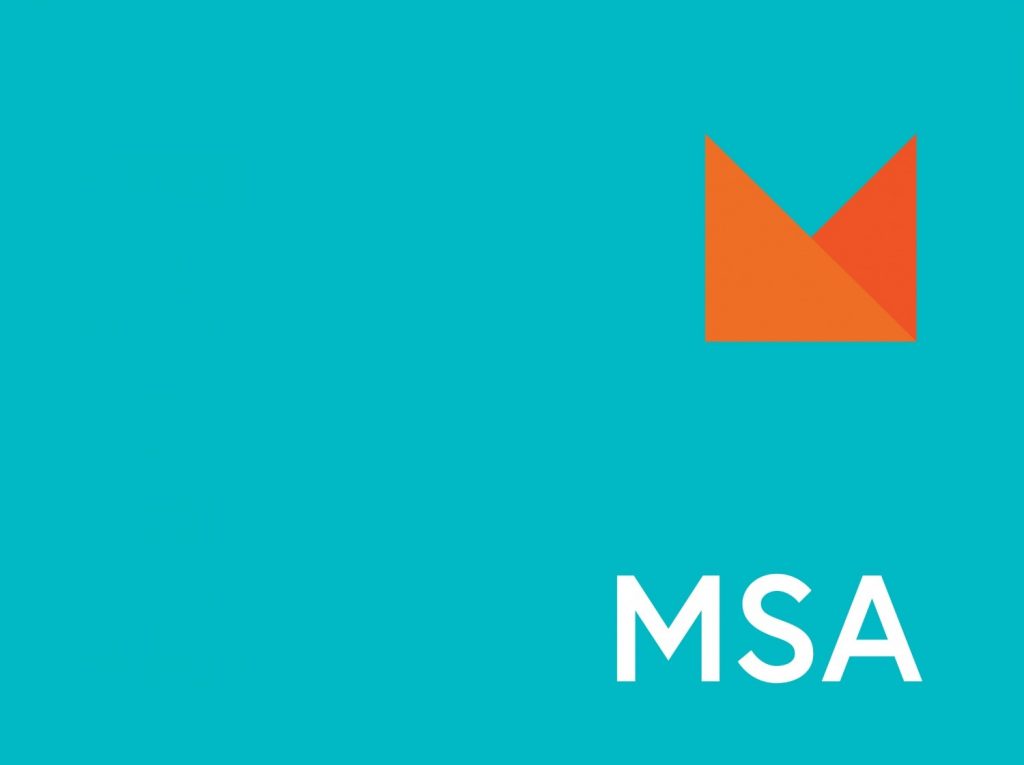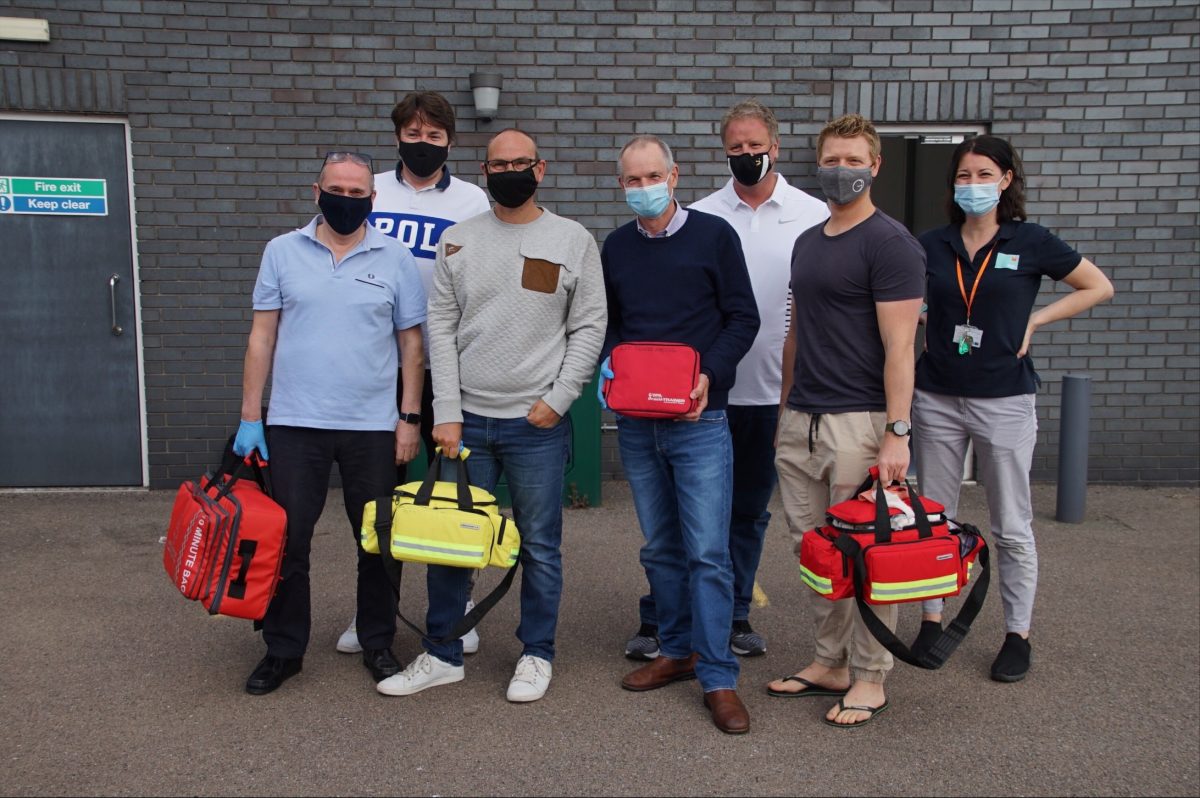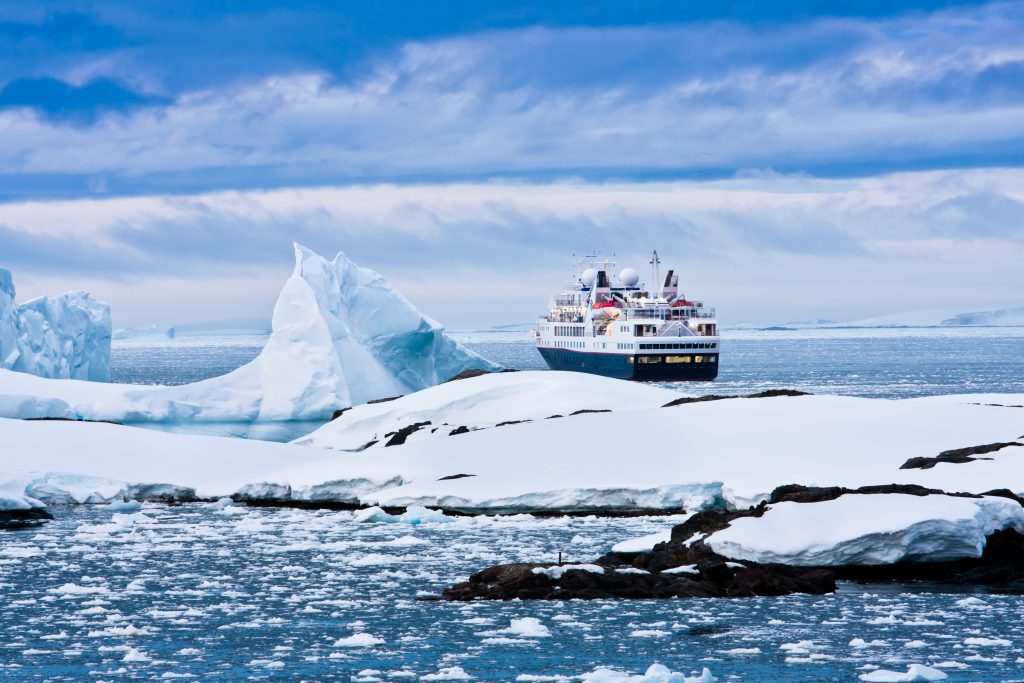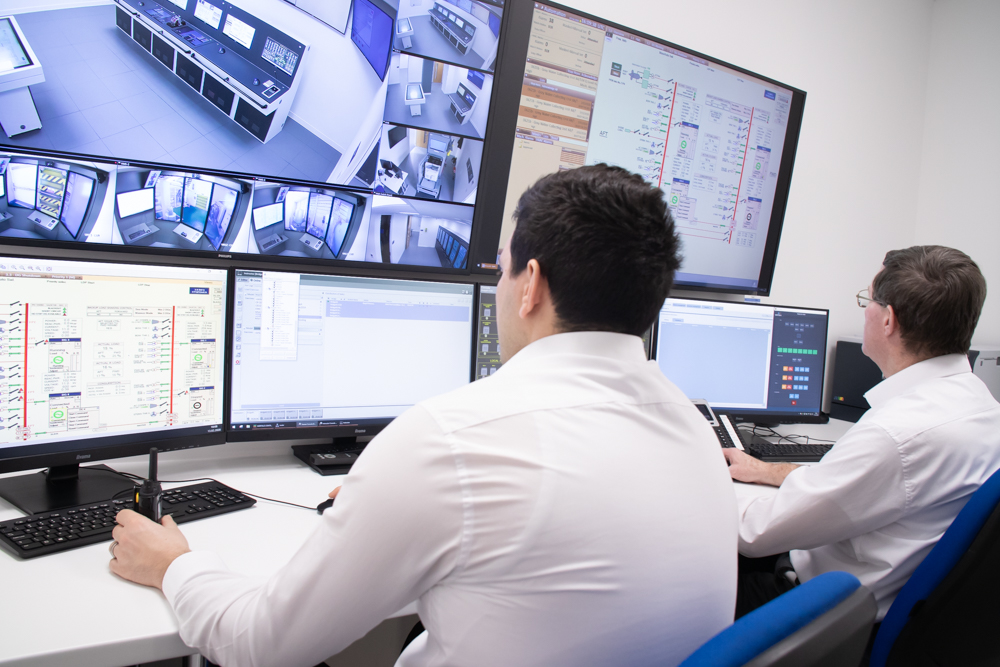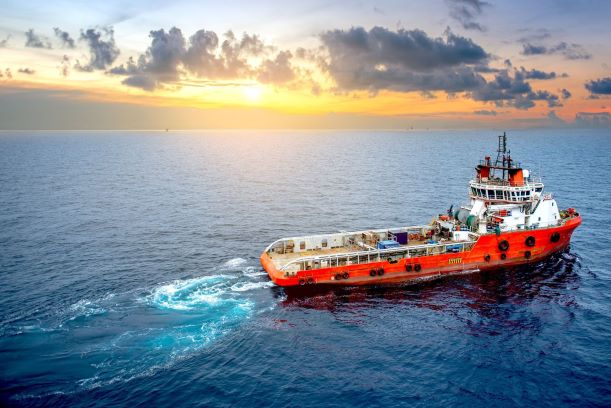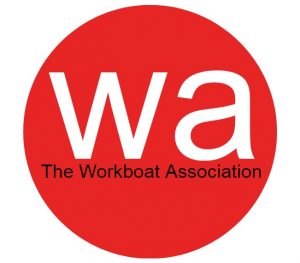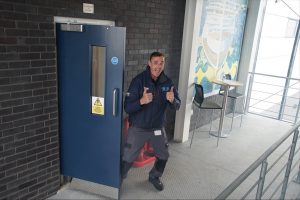
This is Sam Kelly from MSA Dover. Sam is an excellent instructor and seriously enthusiastic about getting the most out of every opportunity.
When the opportunity arose for him to run a mandatory drill for the training centre at MSA Dover he threw himself into it wholeheartedly, determined to give all delegates on-site an opportunity to get stuck in and practice what they were being taught.
Cue an excited phone call to me asking if my medical delegates wanted to be involved. Well of course I said Yes! Read on to find out what went down that day…
- Know your DRSCABCDE. Inside out and stick to it. It works for a really good reason.
- Allocating roles within a team is crucial to a good outcome.
- Knowing your kit and how it is laid out in the kit bag saves precious seconds when someone is bleeding out.
- Communication. It doesn’t work if you don’t communicate.
- Allocation of limited resources is a very hard process to go through. A decision has to be made about where the resources go and in these situations, you will never come away feeling good about it.
- Loitering members of the public with camera phones pointed at you, recording every move you make, ready to upload to social media – seriously distracting, frustrating, and unpleasant in equal measures. Have a privacy plan.
- Know your DRSCABCDE. Inside out and stick to it. It works for a really good reason. – We medical people love a checklist algorithm to follow and it never lets us down.
- Allocating roles within a team is crucial to a good outcome. – There were 3 casualties. I was on triage duty and we had 3 x P3’s. Does anyone remember what the triage categories mean? Anyway, it meant we could cope with the numbers even though there were only 2 of us.
- Knowing your kit and how it is laid out in the kit bag saves precious seconds when someone is bleeding out. – in this instance we just needed some basic first aid kit, the stuff you would have in a Cat A kit, to stabilise some suspected fractures.
- Communication. It doesn’t work if you don’t communicate. – We needed to communicate with each other, our patients, the police, the nightclub staff, the drunken revelers, and ambulance control. Phew. Hard work when House of Pain (awesome tune) is blaring out through the speakers. Our comms needed to be precise and concise.
- Allocation of limited resources is a very hard process to go through. A decision has to be made about where the resources go and in these situations, you will never come away feeling good about it. – We were ok with resources this time, but I have been in situations where I am deciding who gets the only resource when many others also need it. Heartbreaking decisions.
- Loitering members of the public with camera phones pointed at you, recording every move you make, ready to upload to social media – seriously distracting, frustrating, and unpleasant in equal measures. Have a privacy plan. – I loved the late 90’s for no mobile phone camera device things. However, we did need to clear the area so that we could be safe ourselves and so that we could accurately assess the casualties. This comes with a lot of people who are all suddenly experts and want to give you advice on what to do. As I said earlier, it’s like handling jelly…
